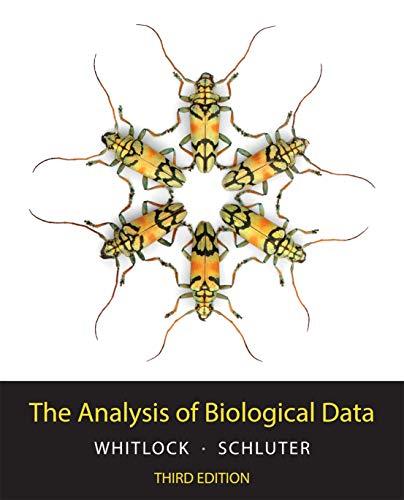Individuals with sleep apnea have pauses in their breathing while sleeping that disrupt their normal sleep. A
Question:
Individuals with sleep apnea have pauses in their breathing while sleeping that disrupt their normal sleep. A didgeridoo instructor noticed that several of his students reported sleeping better after practicing with this instrument. This led to a randomized clinical trial to determine whether playing the didgeridoo would improve sleep (Puhan et al. 2006). Twenty-five volunteers with sleep apnea were recruited for the study.
Didgeridoo lessons were randomly assigned to 14 subjects, whereas the remaining 11 subjects formed the control group without didgeridoo playing. All subjects were assessed before the trial and after 8 weeks using the Epsworth scale, which gives values of 0 for no daytime sleepiness to > 11 for excessive daytime sleepiness. The change in Epsworth scales for each patient over the course of the experiment is below.
A negative change in score indicates improvement.

a. Use an appropriate method to test whether means of the two treatment groups differ significantly in their change in Epsworth scale. Which group improved more?
b. Calculate a 95% confidence interval for the difference between the means of the didgeridoo-playing and control groups for Epsworth scale change.
c. How big is the effect of didgeridoo playing on sleepiness score? Consider a true difference lower than −5 (or greater than 5) to be a large effect, and a true difference between −1 and 1 to be a small effect. Based on the confidence interval you calculated in (b), can we say that the effect size is large, small, or uncertain (i.e., the data aren’t conclusive, and it might be large or small)?
Step by Step Answer:

The Analysis Of Biological Data
ISBN: 9781319226237
3rd Edition
Authors: Michael C. Whitlock, Dolph Schluter





